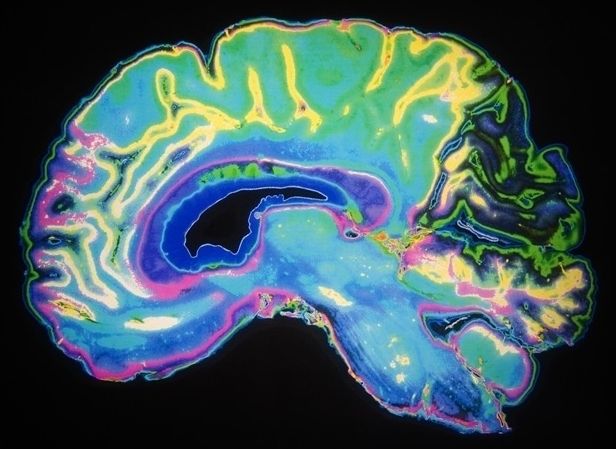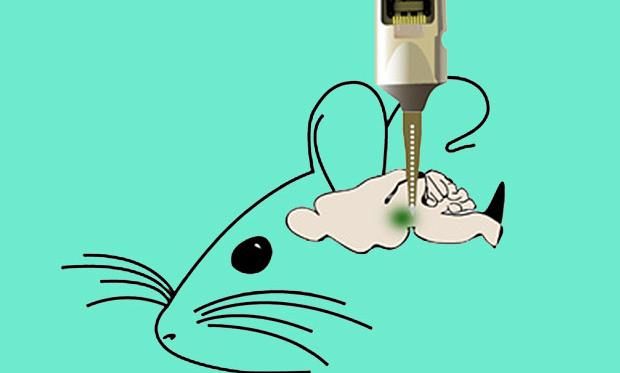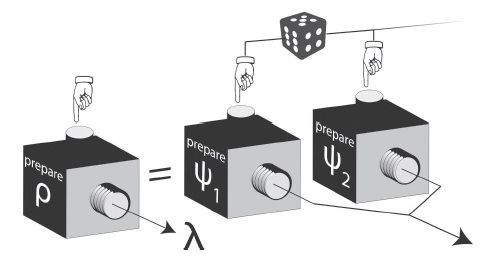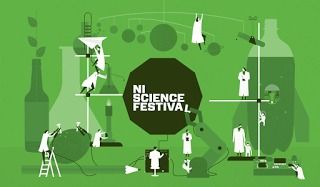Feb 21, 2017
Study offers novel principle to reroute neurons for brain repair
Posted by Karen Hurst in categories: biotech/medical, life extension, neuroscience
Restorative neuroscience, the study to identify means to replace damaged neurons and recover permanently lost mental or physical abilities, is a rapidly advancing scientific field considering our progressively aging society. Redirecting immature neurons that reside in specific brain areas towards the sites of brain damage is an appealing strategy for the therapy of acute brain injury or stroke. A collaborative effort between the Center for Brain Research of Medical University of Vienna and the National Brain Research Program of Hungary/Semmelweis University in Budapest revealed that some mature neurons are able to reconfigure their local microenvironment such that it becomes conducive for adult-born immature neurons to extensively migrate. Thus, a molecular principle emerges that can allow researchers to best mobilize resident cellular reserves in the adult brain and guide immature neurons to the sites of brain damage.
The adult brain has limited capacity of self-repair.
In the aging Western society, acute brain damage and chronic neurodegenerative conditions (e.g. Alzheimer’s and Parkinson’s diseases) are amongst the most debilitating diseases affecting hundreds of millions of people world-wide. Nerve cells are particularly sensitive to microenvironmental insults and their loss clearly manifests as neurological deficit. Since the innate ability of the adult human brain to regenerate is very poor and confined to its few specialized regions, a key question in present-day neurobiology is how to establish efficient strategies that can replace lost neurons, guide competent cells to the sites of injury and facilitate their functional integration to regain lost functionality. “Cell replacement therapy” thus offers frontline opportunities to design potent therapeutic interventions.
Continue reading “Study offers novel principle to reroute neurons for brain repair” »


















